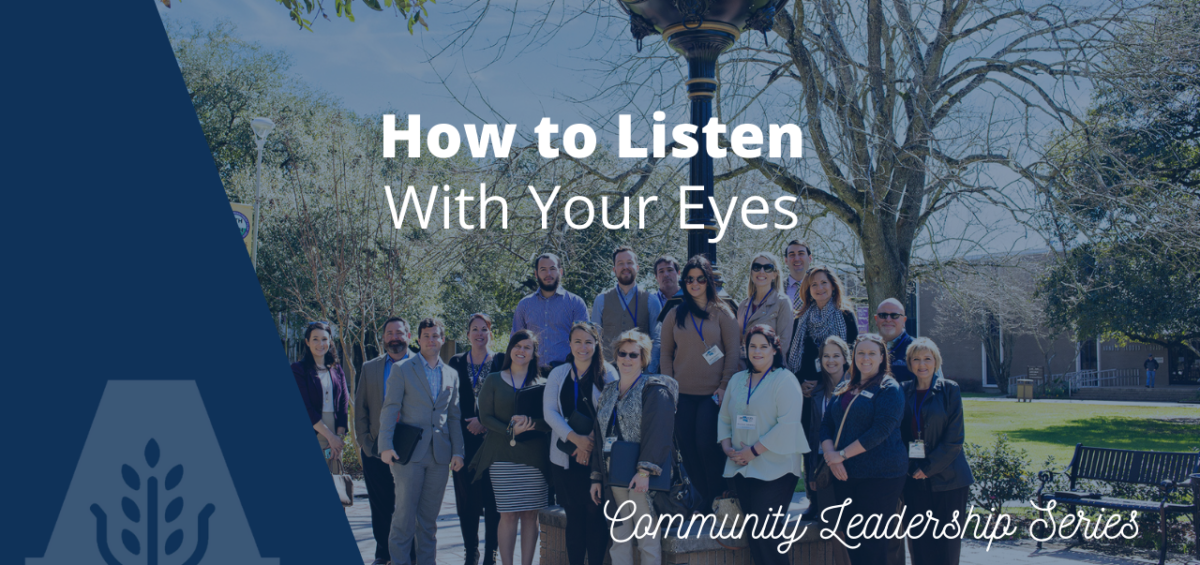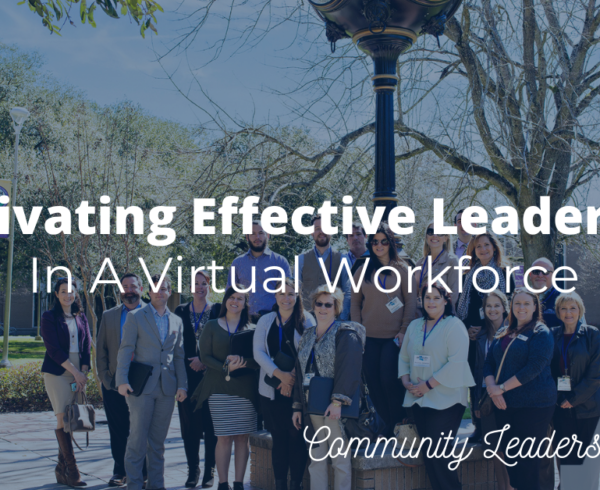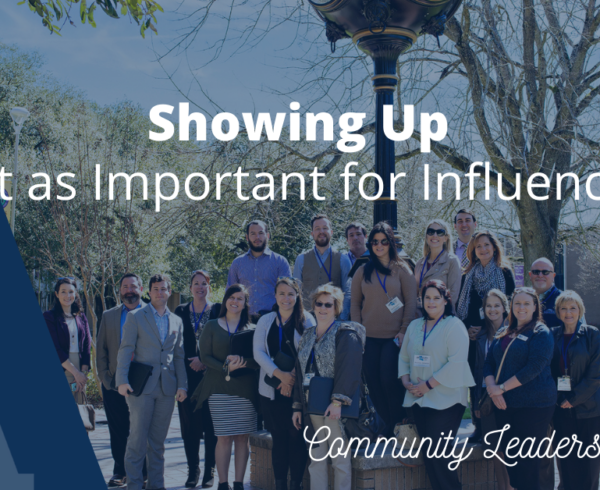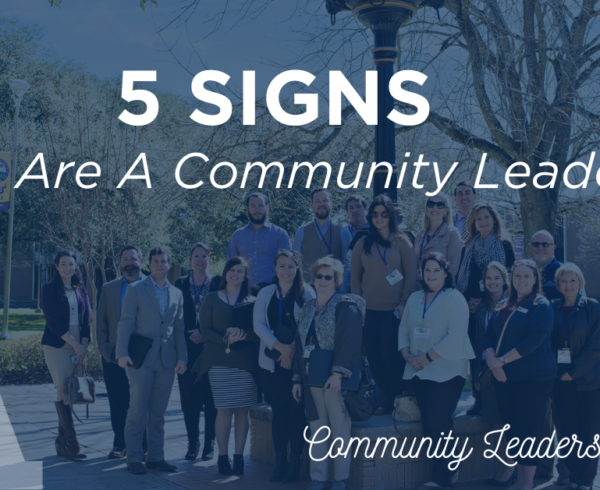One of the best ways to communicate doesn’t involve talking; in fact, it is quite the opposite. We are talking about the importance of listening. Think about the last time you really felt heard. Chances are, the person you were speaking to wasn’t scrolling through their phone or busy doing other things, but instead gave you 100% of their attention.
The digital distractions around us make it feel almost impossible to listen these days. But in fact, listening is one of the most important skills for leaders. You make true contact with others-whether employees, customers, or friends and family-when you listen. And research shows that listening is vastly improved when you use your eyes as well as your ears. Take a look at some tips on how to use your whole body and whole attention when you listen.
Listen With Your Whole Body and Mind
Yes, your cellphone, computer, or the general bustle of modern life can be huge distractions when you need to listen to someone. But don’t discount how often you provide inner distractions as well. How often do you find yourself only half listening to someone because your mind is too busy formulating its response? Whether you’re contemplating a sales pitch or a counter-argument, this kind of half-listening pulls the rug out from under your attempts to listen-and the person speaking to you can tell.
Instead, use your whole body and your whole mind when you’re listening. Face the person speaking to you, leaning in and nodding to show them that you’re paying attention. Mute your phone, or place it upside down on the table. Don’t interrupt, but tune out all the surrounding noise-including the noise of your own mind-to maintain focus.
Maintain Eye Contact
Even though your ears and your brain are doing the bulk of the work when you listen, your eyes are key as well. How many times have you been at a party or networking event talking to someone while your listener’s eyes stray all over the room? What message is that person sending to you? They’re letting you know that you’re not important (or not important enough) to talk to.
Listening with your eyes as well as your ears makes a difference here. Keep focused on the person you’re listening to, and train yourself not to look away. If you’re meeting in a restaurant or bar, place yourself where the TV screens won’t distract you so you can keep your eyes where they should be. Remember that those constant glances away only send a poor message about yourself.
Mirror and Clarify What You Hear
Because it’s all too easy to misinterpret, it’s important to mirror what you hear. This involves repeating back what someone just said to make sure you understood or to give them a chance to rephrase. If you truly don’t understand something, ask for clarification. This technique is especially important if you’re speaking with someone from another country or region, where misunderstanding can result from different ways of communicating.
You know how satisfying it is to have someone truly hear what you’re saying. When you go out of your way to listen with your eyes, your mind, and your whole body, you send a message that you truly value the person you’re listening to.
This post is part of our Community Leadership blog series. If you are interested in reading more in the blog series, click the category Community Leadership near the top of the page, or look for the same featured image on a post.













